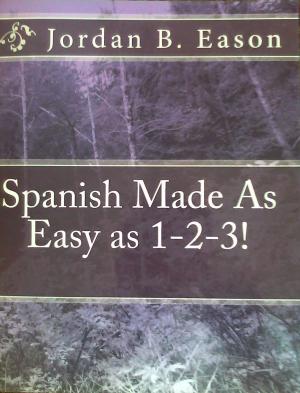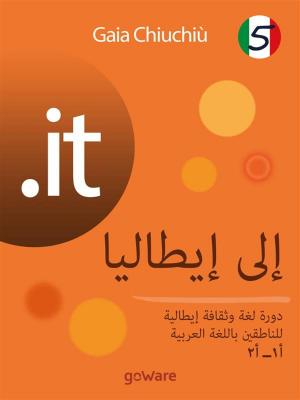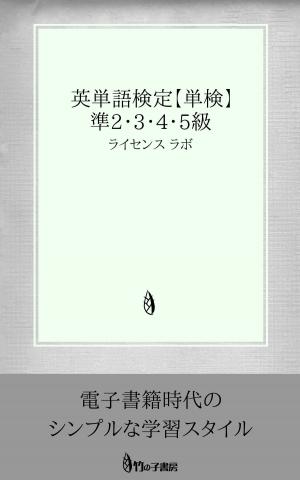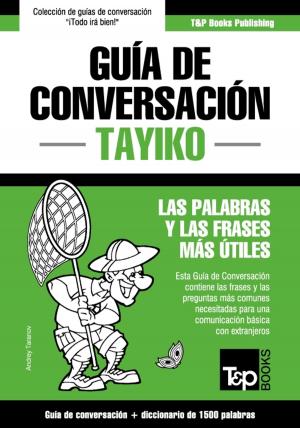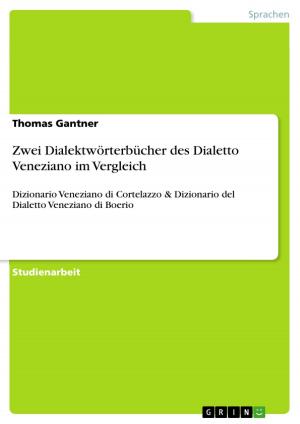The Principles of Language-Study
Nonfiction, Reference & Language, Education & Teaching, Study Skills, Foreign Languages| Author: | Harold E. Palmer | ISBN: | 1230000270486 |
| Publisher: | NEILL AND CO LTD., EDINBURGH, GREAT BRITAIN | Publication: | September 26, 2014 |
| Imprint: | Language: | English |
| Author: | Harold E. Palmer |
| ISBN: | 1230000270486 |
| Publisher: | NEILL AND CO LTD., EDINBURGH, GREAT BRITAIN |
| Publication: | September 26, 2014 |
| Imprint: | |
| Language: | English |
Example in this ebook
SYNOPSIS
1. We possess Natural or Spontaneous Capacities for acquiring Speech
In order to become proficient in most arts, we are assumed to study, i.e. to make conscious efforts persistently and perseveringly; we are assumed to use our intelligence. There is, however, one complex art in which all of us have become proficient without any such process and without using our intelligence consciously, viz. the art of speech, i.e. of using the spoken form of a language as actually used in everyday life. We are endowed by nature with capacities for assimilating speech. Each of us is a living testimony to this fact, for each of us has successfully acquired that form of our mother-tongue with which we have been in contact. These capacities are not limited to the acquiring of our mother-tongue, but are also available for one or more languages in addition. The young child possesses these capacities in an active state; consequently he picks up a second or a third language in the same manner as he does the first. The adult possesses these same capacities, but generally in a latent state; by disuse he has allowed them to lapse. If he wishes, he may re-educate these powers and raise them to the active state; he will then by this means become as capable as the child of assimilating foreign languages. Those adults who have maintained these powers in an active state are said to have a gift for languages.
2. Our Studial Capacities and how to use them
In addition to certain spontaneous capacities, we possess what we may term ‘studial’ capacities for language-acquisition. These must be utilized when we learn how to read and write a language, and also when we wish to learn forms of language not actually used in everyday speech (i.e. the literary, oratorical, or ceremonious forms). The methods by which we utilize these capacities are generally characterized by conscious work (such as analysis and synthesis) and by conversion, i.e. converting written into spoken (reading aloud), converting spoken into written (dictation), converting from one language into another (translation), or converting one grammatical form into another (conjugation, declension, etc.). All exercises requiring the use of the eyes and the hand are of the studial order, as are also those connected with accidence and derivation.
Most of those forms of work by which we utilize or adapt habits which we acquired previously while learning some other language (generally the mother-tongue) are more or less studial forms of work.
Most language-learners at the present day are found to make an almost exclusive use of their studial capacities, and in doing so use methods which are more or less unnatural.
To be continue in this ebook................................................................................................................
Example in this ebook
SYNOPSIS
1. We possess Natural or Spontaneous Capacities for acquiring Speech
In order to become proficient in most arts, we are assumed to study, i.e. to make conscious efforts persistently and perseveringly; we are assumed to use our intelligence. There is, however, one complex art in which all of us have become proficient without any such process and without using our intelligence consciously, viz. the art of speech, i.e. of using the spoken form of a language as actually used in everyday life. We are endowed by nature with capacities for assimilating speech. Each of us is a living testimony to this fact, for each of us has successfully acquired that form of our mother-tongue with which we have been in contact. These capacities are not limited to the acquiring of our mother-tongue, but are also available for one or more languages in addition. The young child possesses these capacities in an active state; consequently he picks up a second or a third language in the same manner as he does the first. The adult possesses these same capacities, but generally in a latent state; by disuse he has allowed them to lapse. If he wishes, he may re-educate these powers and raise them to the active state; he will then by this means become as capable as the child of assimilating foreign languages. Those adults who have maintained these powers in an active state are said to have a gift for languages.
2. Our Studial Capacities and how to use them
In addition to certain spontaneous capacities, we possess what we may term ‘studial’ capacities for language-acquisition. These must be utilized when we learn how to read and write a language, and also when we wish to learn forms of language not actually used in everyday speech (i.e. the literary, oratorical, or ceremonious forms). The methods by which we utilize these capacities are generally characterized by conscious work (such as analysis and synthesis) and by conversion, i.e. converting written into spoken (reading aloud), converting spoken into written (dictation), converting from one language into another (translation), or converting one grammatical form into another (conjugation, declension, etc.). All exercises requiring the use of the eyes and the hand are of the studial order, as are also those connected with accidence and derivation.
Most of those forms of work by which we utilize or adapt habits which we acquired previously while learning some other language (generally the mother-tongue) are more or less studial forms of work.
Most language-learners at the present day are found to make an almost exclusive use of their studial capacities, and in doing so use methods which are more or less unnatural.
To be continue in this ebook................................................................................................................




